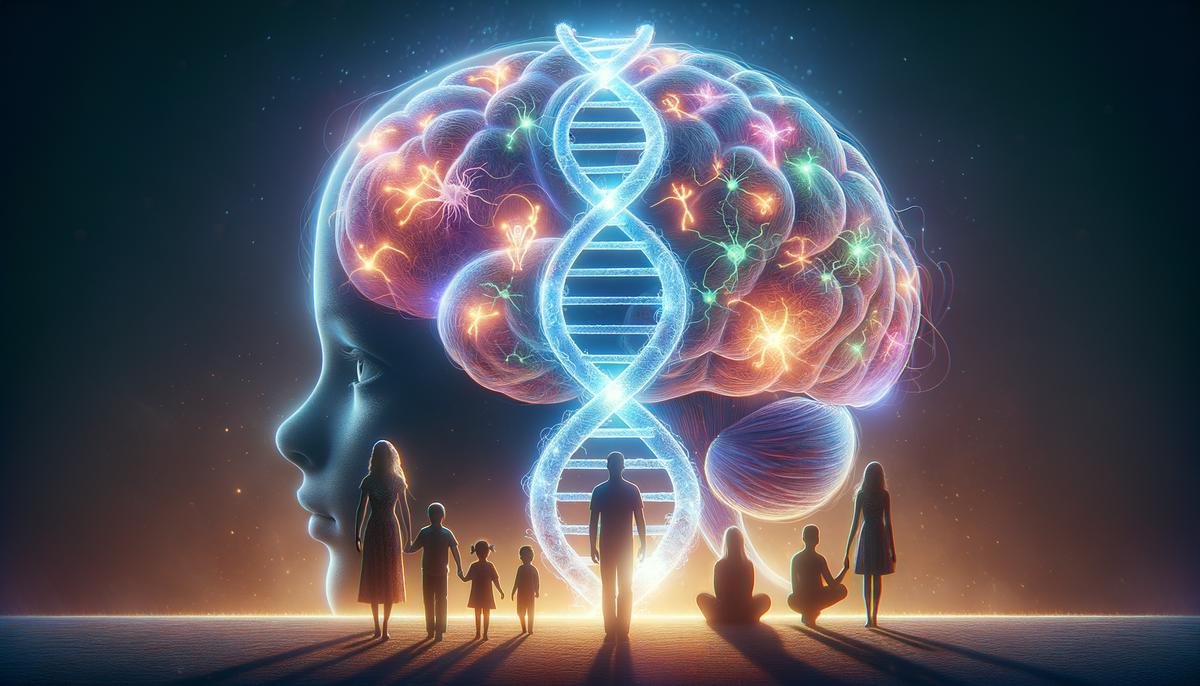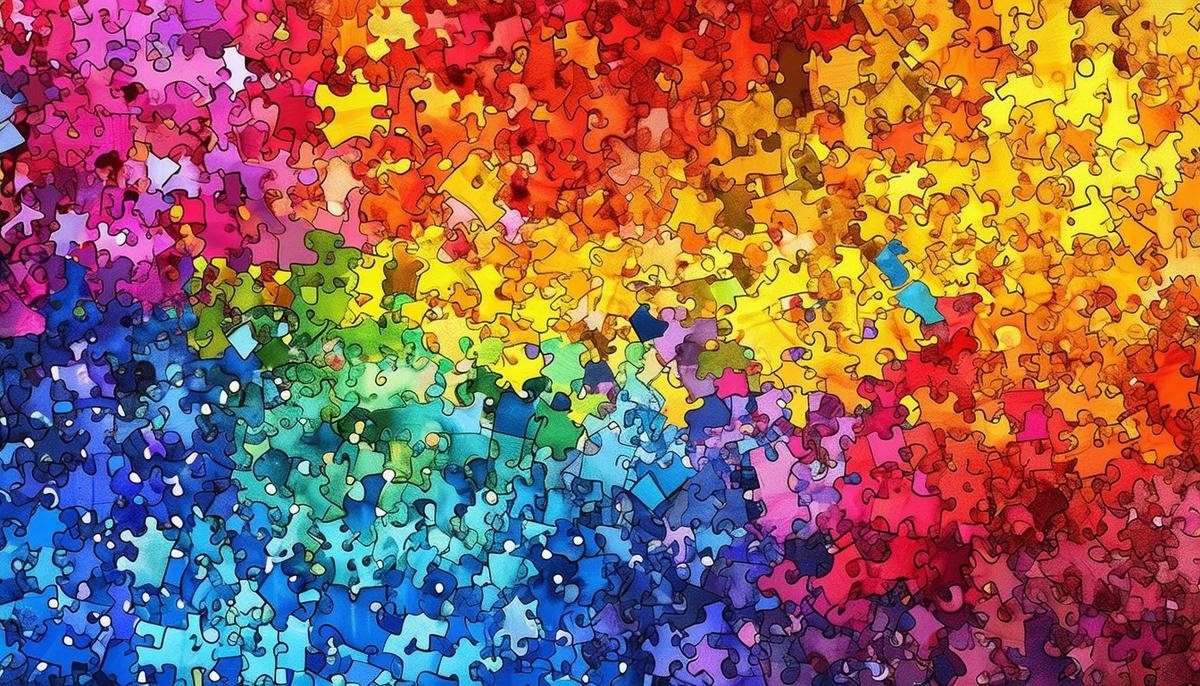
Autism Spectrum Disorder (ASD) is a complex developmental condition that can significantly impact a child’s ability to communicate and interact with others. For many children with ASD, acquiring essential social skills can be challenging, and yet, fundamental for their everyday life and development. In this context arises the importance of targeted social skills classes that can cater to their unique ways of understanding and engaging with the world. Specifically, we’ll be focusing on the state of Minnesota and the resources available there for fostering these vital skills in children with autism. Our focus would be on illuminating how these classes function, how they address individual needs, and the transformative impact they can have on a child’s interpersonal capacities and overall growth.
Understanding Autism and Social Skills
“`htmlSocial skills can play a crucial role in expanding the world for autistic children, creating avenues for them to express themselves and to understand others. These skills provide the basic foundation for numerous aspects of life, from building friendships and effectively communicating needs, to understanding social norms and cues. Developing robust social skills can greatly enhance an autistic child’s capacity for independence and overall quality of life.
Assisting an autistic child in building social skills requires patience, understanding, and a tailored approach. Each child’s journey is unique, with their own set of strengths and areas of growth. The use of applied behavior analysis (ABA), social stories, modeling, and role-playing are a few of the strategies proven to be effective in this teaching phase. Through these approaches, children can be scaffolded in understanding and practicing essential skills like empathy, adaptability, and conflict resolution. Of critical importance in this endeavor is celebrating every small victory, as each step forward is a significant milestone in the life of a thriving, autistic child.
What needs to be understood, however, is that helping an autistic child build social skills isn’t about changing who they are, but rather equipping them with tools that can enhance their innate potential. The ultimate goal is to ensure these amazing children can navigate the social landscape with as much ease as possible, while always honoring and valuing their unique attributes and perspectives.
“`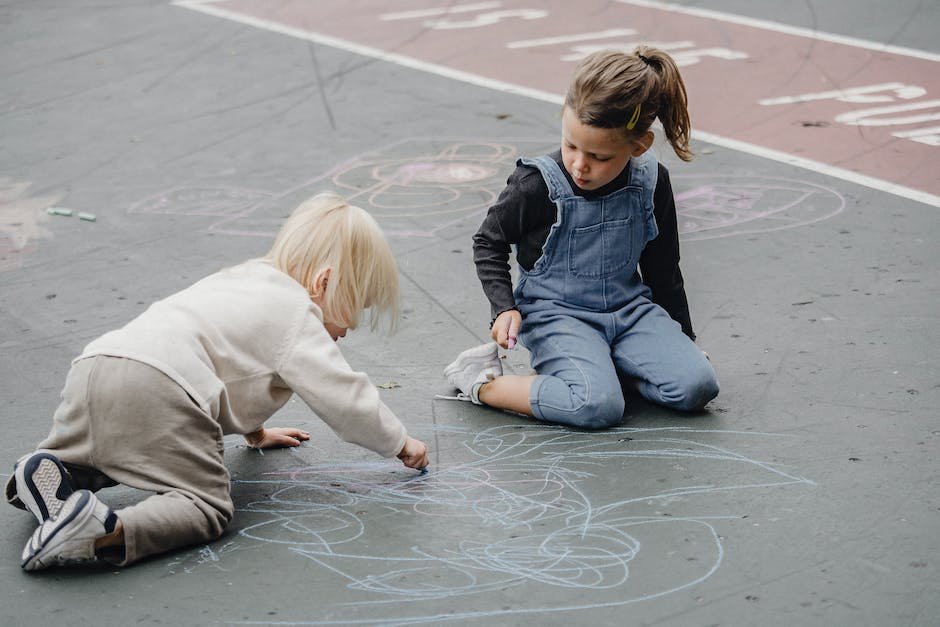
Social Skills Classes for Autism in Minnesota
Minnesota, the “Star of the North”, embraces the diversity of its residents by promoting specialized social skills classes for autistic children. These classes proffer a multitude of benefits for the children participating. Among them is a significant boost in their self-esteem and confidence. It’s often a challenge for children on the autism spectrum to participate in activities that other children find routine. Hence, our Minnesota community, invested in providing classes adapted to their specific needs, enables these children to negotiate their world better. Over time, mastering small social interactions like understanding gestures, maintaining eye contact, or exchanging greetings can empower them in unimaginable ways, instilling a sense of accomplishment and self-belief.
Specialized social skills classes in Minnesota are also a godsend for parents and siblings. Understanding the world from the perspective of a child with autism can be a complex journey. These classes not only aids the autistic children, they also provide guidance for the family, promoting a healthier family dynamic. By sharing their experiences and challenges with fellow families, it cultivates a sense of community and mutual support which is essential for fostering a positive home environment.
Most importantly, these specially crafted classes can help to pave the way towards a brighter future for our dear autistic children. Skills obtained during childhood are essential for future growth; by providing these foundations now, we can help set the stage for them to thrive in academia, workplaces, and society at large. Through these necessary efforts, we ensure every child, regardless of their neurological differences, can celebrate their unique gifts, and leave their mark on the world.
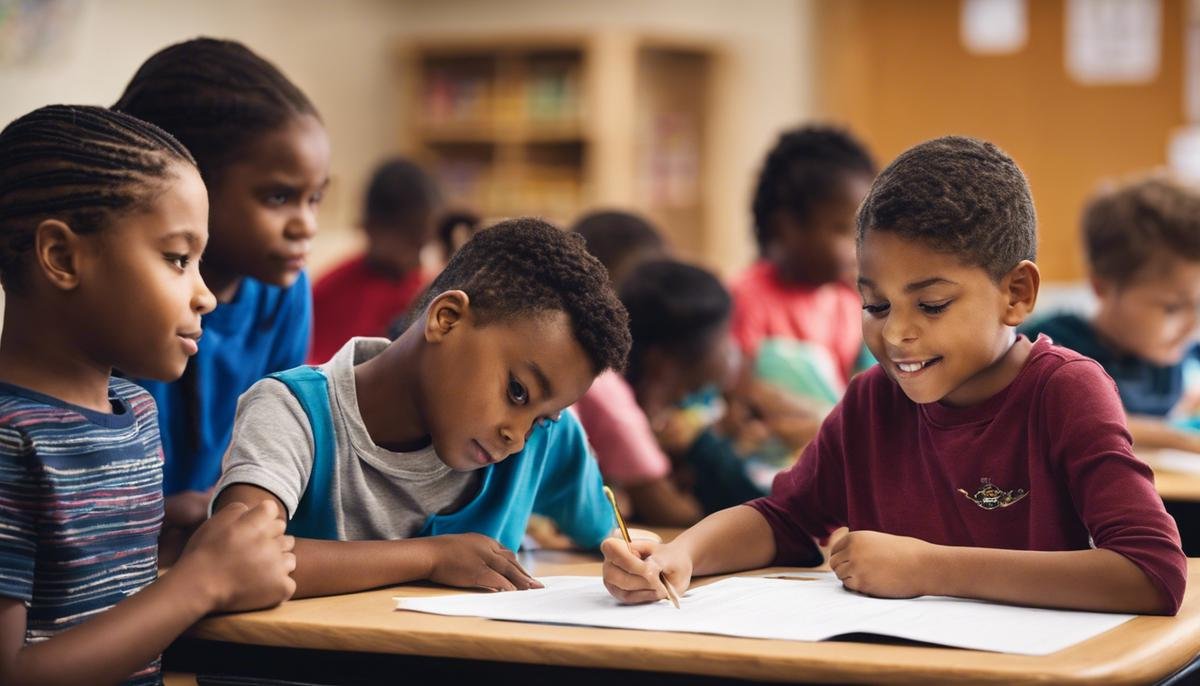
Selecting the Right Social Skills Class for Your Child
Choosing the right social skills class for a child with autism can seem like navigating a new territory. With so many options available, it’s crucial to ensure that the class aligns with the child’s unique needs and encourages their growth.
The first step lies in research and understanding the approach of prospective classes. Do they incorporate individual learning style into their course? Do they focus only on learning or also celebrate each child’s individuality and progress?
It’s essential to find a class where instructors have expertise in working with children on the autism spectrum, understanding their challenges, and boosting their strengths. The teacher’s warm and consistent interaction with students also plays a significant role in drawing out their sociability. The student-to-teacher ratio and the individual attention each child gets is another crucial aspect. A small class size often ensures the child gets enough attention to flourish and grow.
Lastlly, it is vital to consider the child’s comfort and happiness. A supportive and positive learning environment that is adaptive to the specific needs of children on the spectrum helps promote their social development. When you find a class that aligns with these values – a place where your child feels safe, happy, and empowered – you’ve likely found the right spot. Always remember, each child’s journey in the social landscape is unique. Hence, the right class should be a beacon that lights their way, allowing them to explore, interact, and learn at their own pace.
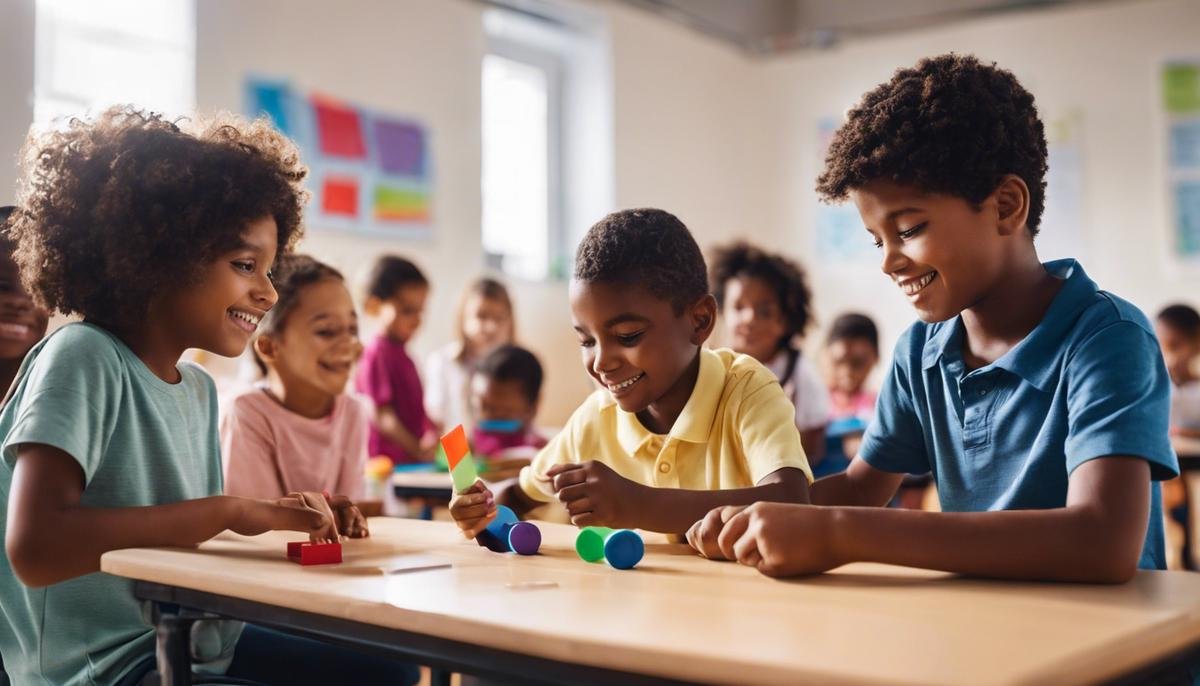
Every child on the autism spectrum is unique, each with their distinct strengths and challenges. Finding a social skills class that effectively caters to your child’s individual needs can be a transformative step in their development and quality of life. By carefully considering the teaching techniques employed, the expertise of the instructors, and the experiences of other parents, you can guide your child towards a path of enriched social interaction. Keep in mind that the process of improving social skills is ongoing and extends beyond the class. Continuous practice, patience, and support will also play a crucial role in this endeavor. The journey might be challenging, but the rewards – improved communication, heightened confidence, and better relationships – make the effort worthwhile. Remember, the goal is not to change who your child is, but to provide them with the tools to express themselves better, understand others, and build meaningful relationships.



